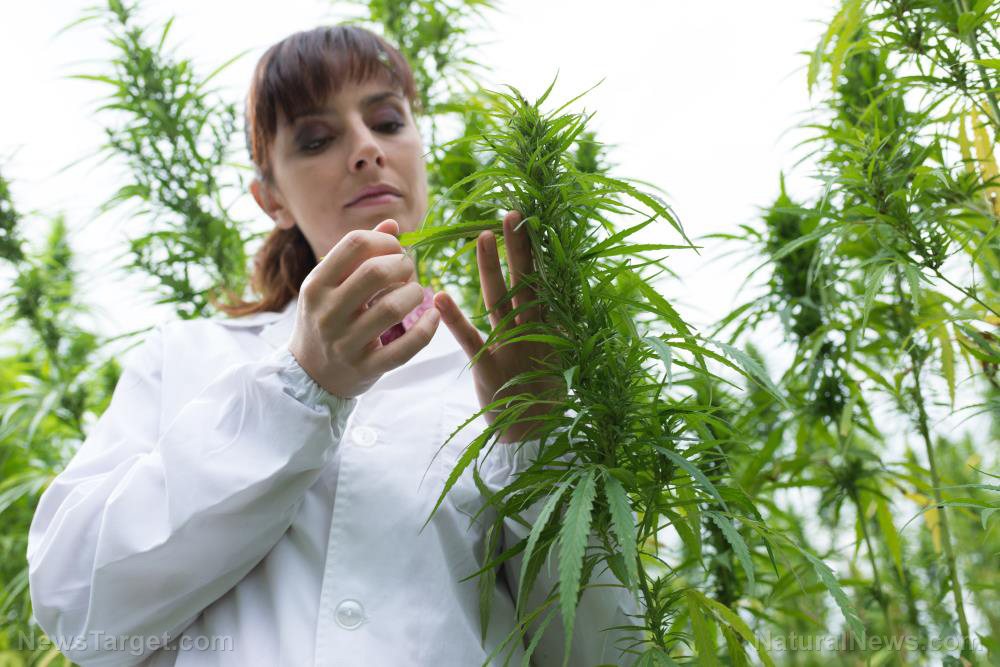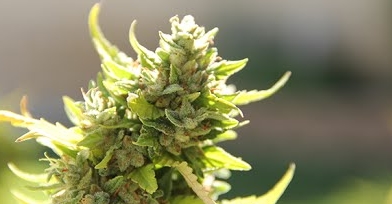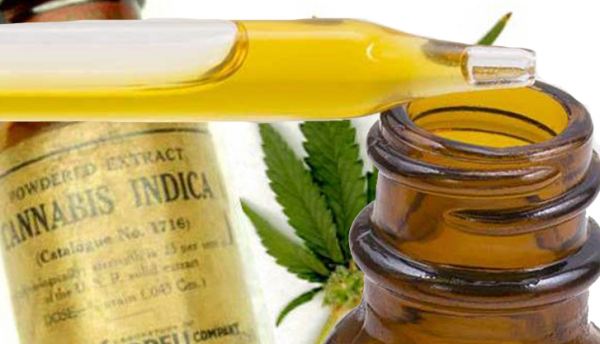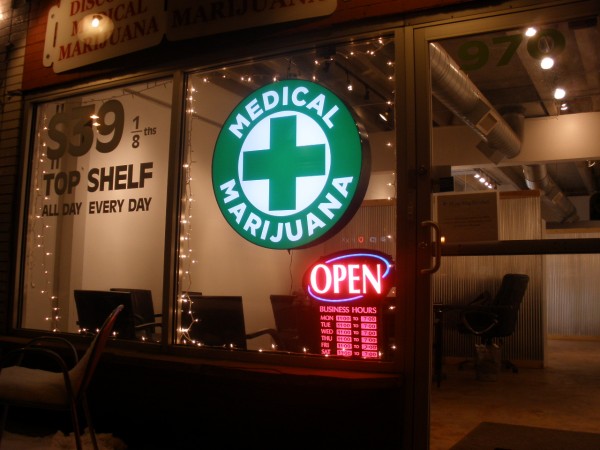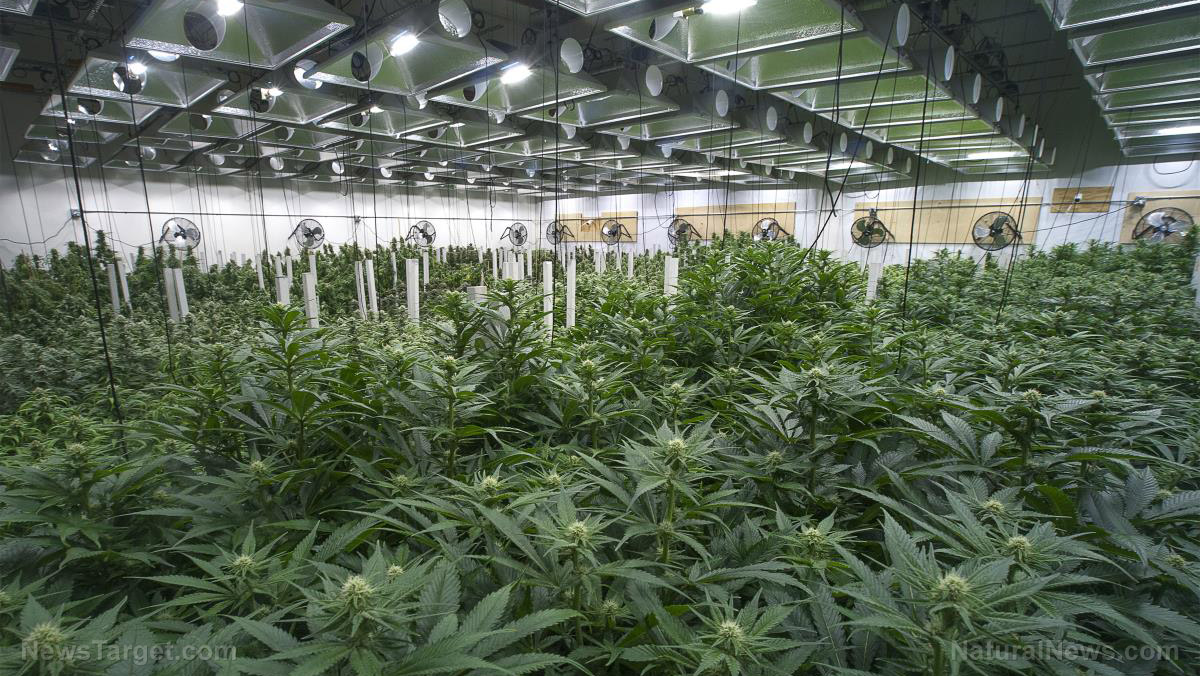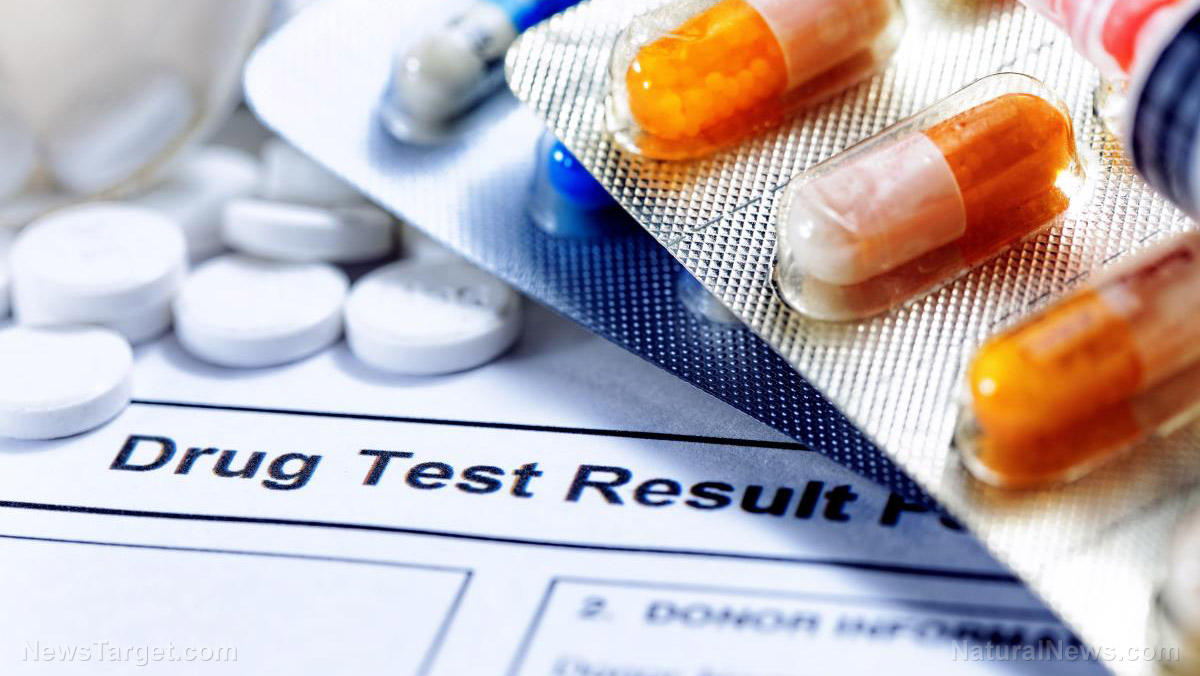Tallahassee doctor to open new local medical marijuana center
11/28/2016 / By medicalmarijuanaupdate

Tallahassee is about to have a new medical practice focused on helping patients receive medical marijuana — just weeks after voters overwhelmingly approved Amendment 2, a constitutional amendment that greatly expands who can receive medical marijuana legally.
Article by Jeffrey Schweers
Dr. Joseph Dorn, who has worked in palliative and hospice care for the last 12 years, will open the Medical Marijuana Treatment Center of Florida on Capital Medical Boulevard. If all goes well, the practice will open its doors next week.
“It will happen as soon as we move the furniture over there,” Dorn said. “We are waiting for the person who owns the building to OK the lease.”
Dorn had to give up his position as medical director of Surterra Therapeutics, one of six companies licensed to grow and dispense pharmaceutical-grade marijuana in Florida, to start his own practice. State law prohibits medical directors of dispensing agencies from ordering medical marijuana for their patients. He resigned Nov. 7.
Medical Marijuana Treatment Center and Dorn “are totally unaffiliated with Surterra,” said Monica Russell, a spokesperson for Surterra.
“I saw a need where few physicians were interested in being qualified doctors to order this,” Dorn said. “I couldn’t perform that function while being medical director. I decided to go back to direct patient care, that’s my strong point.”
Only two other physicians in Tallahassee — out of approximately 200 on the statewide Compassionate Use Registry — have completed the eight hours of training required by the Department of Health before they can order medical marijuana for their patients. One of those physicians, Dr. Mark Moore, opened a medical marijuana clinic in August. Moore said he has about 10-15 percent of the patients registered to receive medical marijuana.
The state has 931 patients registered to receive medical marijuana on the registry.
Medical Marijuana Treatment Centers of Florida said on its website that it has two locations already open in The Villages and Ponte Vedra, with plans to open other centers in Jacksonville, Panama City, Tampa and elsewhere.
Over the last 12 years, Dorn has worked for several hospices in Florida, most recently as assistant medical director for Big Bend Hospice since 2013. He left that position to become primary medical director at Surterra. He has continued to work with Big Bend Hospice on an “as-needed” basis but said he will stop doing that.
According to Surterra’s application with the state for a medical marijuana distributor’s license, Dorn’s medical practice has specialized in the palliative care of terminally ill patients with cancer and neurological disorders. He’s received training on the use botanicals, including low-grade marijuana, for treating the pain his patients have.
“What makes me different from other folks is I’ve got extensive hospice background and experience as medical director oversight of a dispensing organization,” Dorn said.
Under state law, patients with seizures or spasms can receive low-grade cannabis after a three-month waiting period from the time the first doctor sees them. Terminally ill patients can get full-strength marijuana after two doctors agree on their diagnosis that the patient has less than a year to live.
“If you determine the patient meets the criteria, then it’s not a prescription so to speak because it is federally illegal, but we can order the medical marijuana,” Dorn said.
Amendment 2 — which takes effect Jan. 3 — will make full-strength marijuana available to many more patients — people with cancer, epilepsy, glaucoma, HIV and AIDS, post-traumatic stress disorder, ALS, Crohn’s disease, Parkinson’s disease, multiple sclerosis or other “debilitating medical conditions.”
Doctors order the use of marijuana, and the patients can go to any dispenser they want.
Only two companies have opened medical marijuana dispensaries in Florida — Surterra and Hackney Farms of Quincy, which is doing business as Trulieve.
Dorn hasn’t made a single order yet. He can’t until he is established and has seen patients for at least three months.
His office will be within sight of Capital Regional Medical Center, a more convenient location for the patients he is used to seeing in his practice.
Being in the medical community also helps establish credibility, he said.
“We are not a pot shop,” Dorn said. “This is medical marijuana. It’s an alternative treatment, and safer than oxycodone, fentanyl, morphine and other prescription drugs.”
Contact Schweers at [email protected]. Follow him on Twitter @jeffschweers.
Read more at: tallahassee.com
Tagged Under: doctor, medical marijuana, Tallahassee

